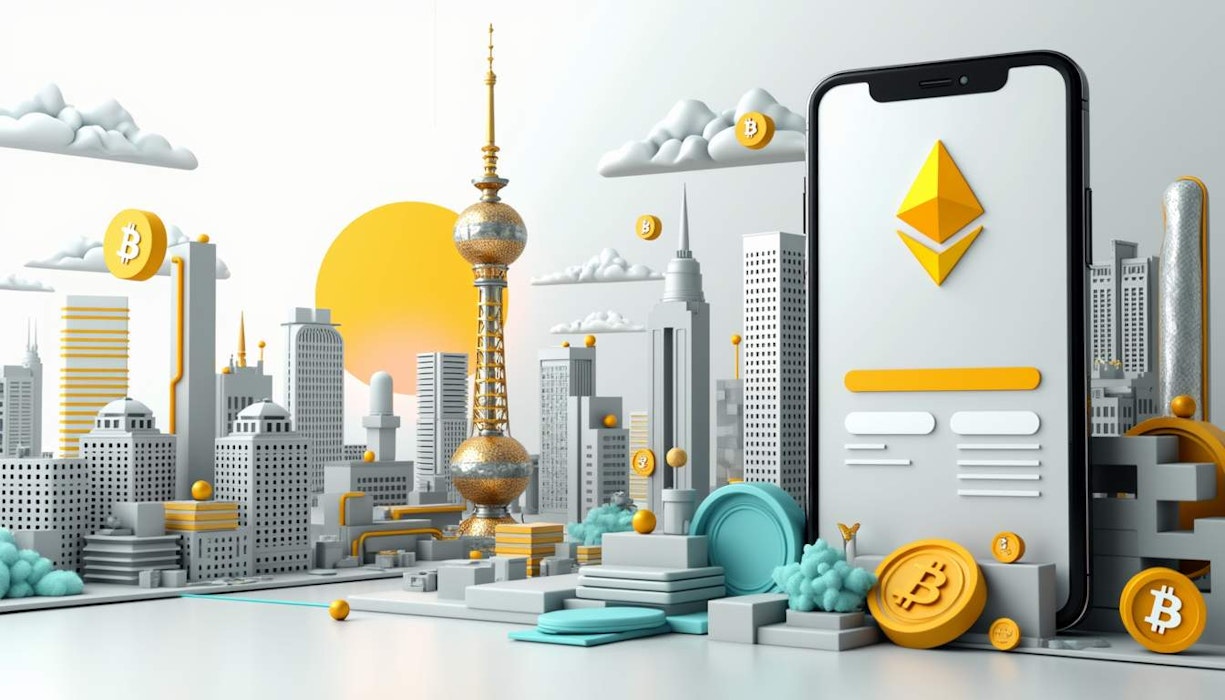If you thought crypto was dead, take a look at South Korea. With over 15.59 million citizens holding digital assets—over 30% of the population—this country is setting the pace for global cryptocurrency adoption. But what’s really driving this growth? And can the rest of the world learn from South Korea’s experience, especially hyperinflationary economies? Let’s break it down.
The Rise of Crypto in South Korea
Cryptocurrency trading is booming in South Korea, and it's no accident. The country boasts advanced IT infrastructure, and with major corporations like Samsung jumping into blockchain, it’s no wonder the citizens are following suit. South Korea is now the largest crypto market in Eastern Asia, receiving around $130 billion in digital assets.
Technology and Corporate Participation Fueling Adoption
Technology plays a crucial role here. Mobile apps and PCs make it easy for the average person to buy into cryptocurrency. Altcoins and stablecoins are especially popular, with the ‘kimchi premium’ a sign that demand is high domestically—often more so than in global markets.
Global Events Impacting Investor Sentiment
Investor sentiment is also influenced by global events. Remember the U.S. presidential election? In South Korea, it led to a surge in crypto investments. By the end of November, 15.59 million South Koreans had accounts on the country's top exchanges like Upbit and Bithumb. That’s a significant increase from 14.98 million in October.
How South Korea's Market is Expanding
Unprecedented Growth and Market Valuation
The crypto market in South Korea has seen unprecedented growth in recent months. Bitcoin prices skyrocketed from 105 million won to 135.8 million won from October to November. Total market valuation also doubled in that timeframe, reaching 102.6 trillion won ($70.3 billion).
Trading Volumes Matching Traditional Markets
One of the most striking things is that trading volumes for cryptocurrencies are now rivaling traditional stock markets. Average daily trading volume for domestic cryptocurrencies hit 14.9 trillion won ($10.2 billion) in November, almost the same as South Korea’s benchmark stock indices.
The Regulatory Landscape and Challenges
Regulation and Policy Delays
While this growth is exciting, it does come with its challenges. South Korea's crypto market lacks a unified regulatory framework, making it susceptible to external shocks. The country’s crypto tax policy was delayed until 2027, which is a big deal considering the market's rapid expansion.
A Unified Regulatory Framework
Strict licensing laws require exchanges to obtain licenses from the Financial Services Commission, ensuring only reputable cryptocurrencies are traded. This could be a lesson for hyperinflationary economies, as clear regulations can maintain trust in the market.
Takeaways for Hyperinflationary Economies
Risk Management and Market Stability
South Korea’s experience emphasizes the need for risk management. As cryptocurrencies and traditional financial markets become more correlated, this can amplify volatility. Robust risk strategies are essential to maintain financial stability.
Utilizing Local Currencies
As for hyperinflationary economies, the general population tends to keep wealth in non-monetary assets or stable foreign currencies. South Korea's crypto market shows that using local currencies efficiently can be beneficial. In hyperinflationary contexts, using stable foreign currencies could also help in stabilizing financial transactions.
Building Public Trust
Despite strict regulations, the rapid growth in South Korea indicates a high level of public trust. Transparent regulatory frameworks can build that trust. Public education on risks and benefits will help in further fostering this trust.
Summary: The Future of Crypto in the USA and Beyond
In a world where crypto is often dismissed, South Korea stands as a beacon of hope, showing that technological advancement, corporate involvement, and supportive regulations can drive substantial growth. Other countries, especially those facing hyperinflation, should look closely at South Korea's approach to navigate their own challenges while maintaining stability and protecting investors. The lessons from South Korea’s crypto market could shape the future of cryptocurrency in the USA and beyond.
